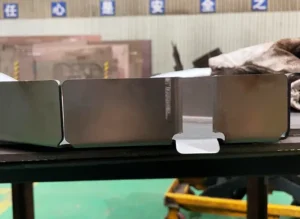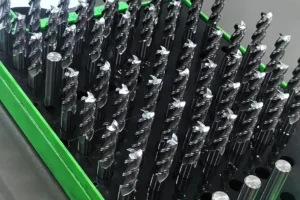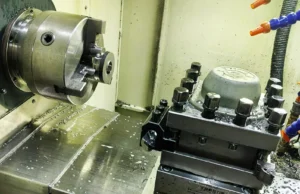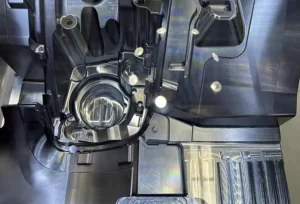
Are low-cost DIY CNC kits worth buying?
Introduction
As engineers with a manufacturing background, the prospect of owning a CNC (Computer Numerical Control) machine is undoubtedly enticing.
The ability to automate precision machining processes opens up a world of possibilities for rapid prototyping, production of custom parts, and intricate designs.
However, the decision of whether to invest in a low-cost DIY CNC kit can be a daunting one.
Pros and Cons of Low-Cost DIY CNC Kits
Before diving into a detailed analysis, let’s outline the main advantages and disadvantages of opting for a low-cost DIY CNC kit:
Pros:
1. Cost-effective: As the name suggests, these kits are relatively affordable compared to pre-assembled CNC machines.
2. Customizability: DIY kits offer the flexibility to customize and upgrade components according to your specific requirements.
3. Learning experience: Building a CNC machine from scratch can provide valuable hands-on experience and insight into its operation.
4. Accessibility: DIY kits are widely available and can be purchased online or from local suppliers.
Cons:
1. Complexity: Assembling and calibrating a CNC machine can be challenging, especially for individuals without prior experience.
2. Quality concerns: Some low-cost kits may compromise on the quality of components, leading to less precise machining capabilities.
3. Support and documentation: DIY kits may lack comprehensive instructions and technical support, making troubleshooting difficult.
4. Limited features: Low-cost kits may have fewer advanced features and capabilities compared to professional-grade CNC machines.
Factors to Consider Before Buying a Low-Cost DIY CNC Kit
When evaluating whether a low-cost DIY CNC kit is suitable for your engineering needs, it is essential to consider the following factors:
1. Machining Requirements
First and foremost, assess the specific machining tasks you intend to perform with the CNC machine. Consider the materials you will be working with, the level of precision required, and the size of parts you plan to produce.
Ensure that the DIY kit can meet these machining requirements effectively.
2. Budget
Determine your budget for purchasing and assembling a DIY CNC kit. Take into account not only the upfront cost of the kit but also any additional expenses for tools, software, and upgrades. Compare different kits to find the best value for your budget.
3. Assembly Difficulty
Consider your familiarity with mechanical and electrical assembly processes. Evaluate whether you have the skills and patience to assemble and calibrate a CNC machine from scratch. Be realistic about the time and effort required for assembly.
4. Quality of Components
Inspect the quality of components included in the DIY kit. Check for reputable brands and durable materials that will ensure the longevity and precision of the CNC machine. Avoid kits that compromise on quality to reduce costs.
5. Community and Resources
Research the availability of online forums, tutorials, and user communities related to the DIY CNC kit you are considering. Having a support network can be invaluable for troubleshooting issues, sharing tips, and accessing additional resources.
Comparison of Popular Low-Cost DIY CNC Kits
To aid in your decision-making process, here is a comparison of some popular low-cost DIY CNC kits currently available in the market:
| DIY CNC Kit | Price | Features | Community Support | Overall Rating |
|---|---|---|---|---|
| Shapeoko CNC Router | $599 | Aluminum frame, 16″x16″ cutting area, GRBL controller | Active online community, comprehensive documentation | 4.5/5 |
| X-Carve CNC Machine | $799 | Steel frame, 16″x16″ cutting area, Easel software included | Official forum, video tutorials | 4/5 |
| OpenBuilds C-Beam Machine | $699 | C-Beam aluminum extrusions, customizable size options | Support forum, build guides | 4.2/5 |
Conclusion
In conclusion, the decision to buy a low-cost DIY CNC kit ultimately depends on your machining requirements, budget, assembly skills, and quality expectations.
While these kits offer affordability and customizability, they also come with challenges such as assembly difficulty and potential quality concerns.
By carefully evaluating these factors and comparing different kits, you can determine whether a DIY CNC kit is worth buying for your engineering projects.
Remember to leverage online resources and community support to maximize the benefits of DIY CNC machining.




1 thought on “Are low-cost DIY CNC kits worth buying?”
As someone in CNC, this is spot on.